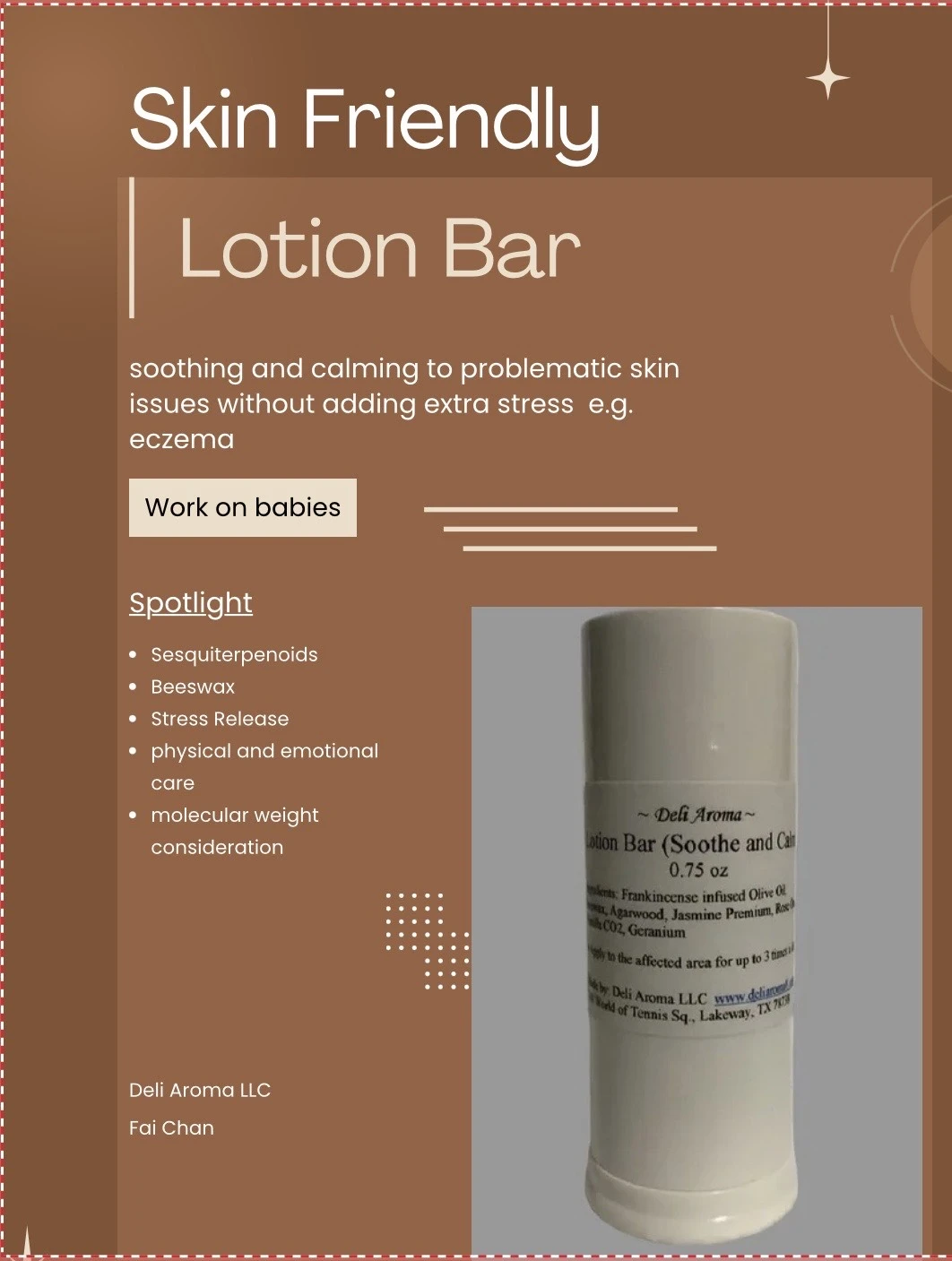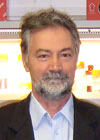Indexed In
- Open J Gate
- Genamics JournalSeek
- ResearchBible
- RefSeek
- Directory of Research Journal Indexing (DRJI)
- Hamdard University
- EBSCO A-Z
- OCLC- WorldCat
- Scholarsteer
- Publons
- MIAR
- Euro Pub
- Google Scholar
Useful Links
Share This Page
Journal Flyer

Open Access Journals
- Agri and Aquaculture
- Biochemistry
- Bioinformatics & Systems Biology
- Business & Management
- Chemistry
- Clinical Sciences
- Engineering
- Food & Nutrition
- General Science
- Genetics & Molecular Biology
- Immunology & Microbiology
- Medical Sciences
- Neuroscience & Psychology
- Nursing & Health Care
- Pharmaceutical Sciences
Aurel Popa Wagner
Biography
Prof. Aurel Popa-Wagner has received his PhD in Biochemistry at Institute of Biochemistry, University of Karlsruhe, Germany during the period of: 1988-1990. Currently, he is working as Professor of Experimental Neurology at the Department of Neurology and Head of the Research Department of the Ernst-Moritz-Arndt University, Greifswald, Germany; Professor of Pathobiochemistry and Director of the Department of Molecular Medicine, University of Medicine and Pharmacy, Craiova, Romania. He has successfully completed his Administrative responsibilities as Coordinatorof (i) Neuroscience Research Programme at the Medical Faculty, Ernst-Moritz-Arndt University, Greifswald, Germany; (ii) of the programme “Molecular imaging in aging and neural repair” at the Medical Faculty, Ernst-Moritz-Arndt University, Greifswald, Germany. He is serving as an editorialmemberofseveralreputedjournalslike: Oxidative Medicine and Cellular Longevity and BMC Geriatrics. He has authored 70 research articles/books. He is a member of: German Society for Aging Research; The Society fo the Study of Neuroprotection and Neuroplasticity-International Board. He has honored as: Rene Schubert Prize for Research on Ageing.
Research Interest
The aim of Aurel Popa Wagner group is to unravel cellular and molecular mechanisms underlying aging progression and its significance for brain diseases. The group has a long-standing interest in molecular mechanisms of brain remodelling in the aged rat brain. His group has studied the plasticity of the aging brain in response to stimuli for more than 15 years and to stroke injury in aged animals for the last 10 years. Overall our results suggest that: (1) although older animals retain the potential for brain plasticity-related cytogenetic events after injury, the expression of key brain plasticity-associated genes and proteins is often attenuated and temporally altered; (2) an important cellular event associated with restricted axonal growth after stroke in aged animals is the early formation of a scar in the infarcted region; (3) Granulocyte-Colony Stimulating Factor lowers mortality and enhances neurogenesis in the brains of post-stroke aged animals; (4) vascular wall reactivity is exacerbated in the post-stroke aged animals. Expertise: aged animals models of cerebral ischemia; behavioral analysis; recording of EEG and various physiological parameters by telemetric measurements; MRI for small animals; immunohistochemical procedures, proteomics, genomics.



